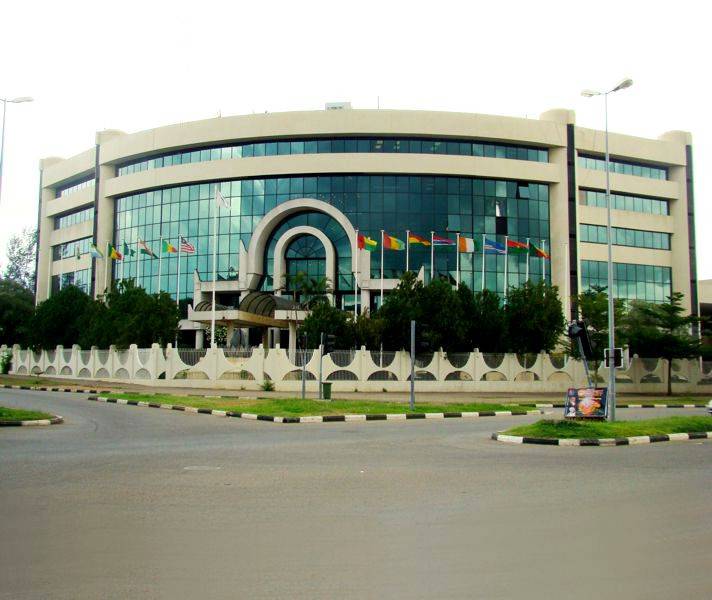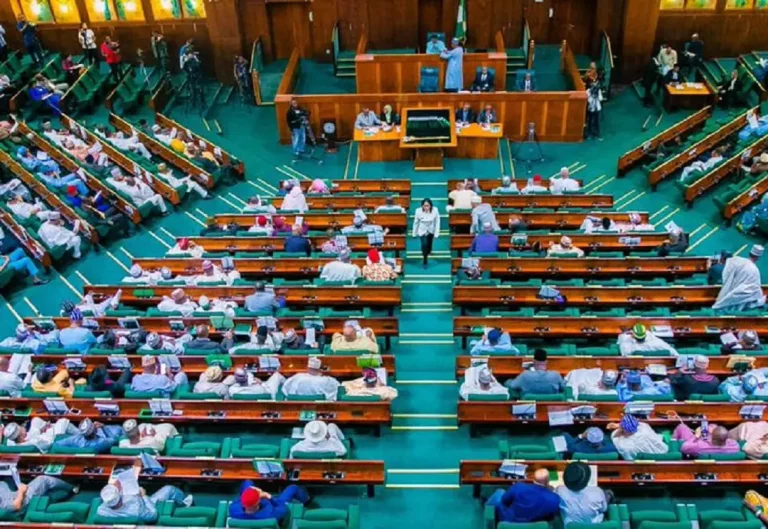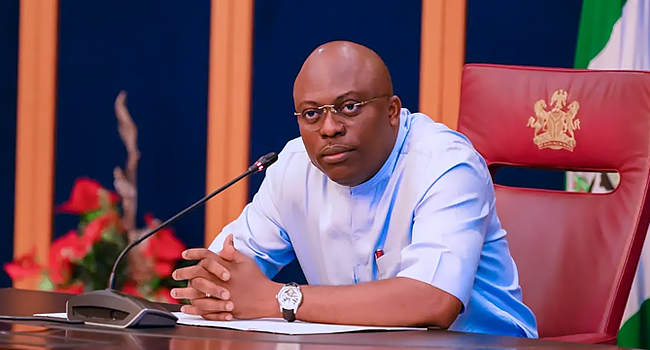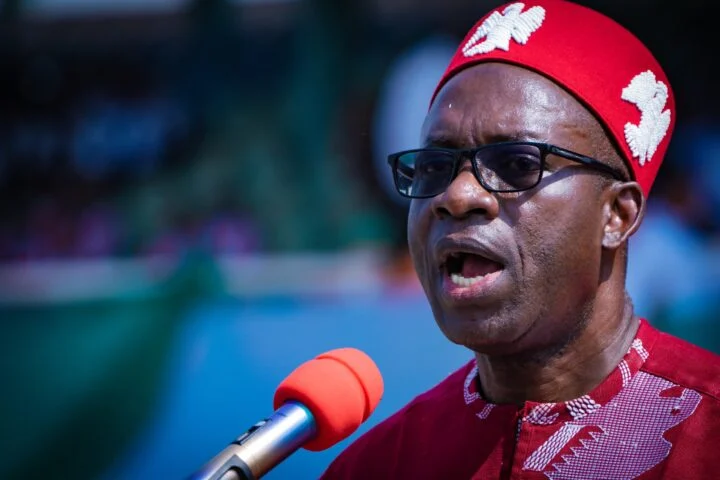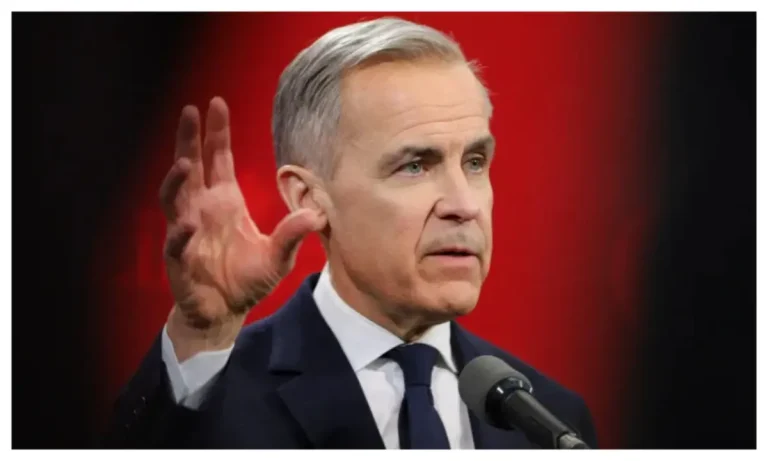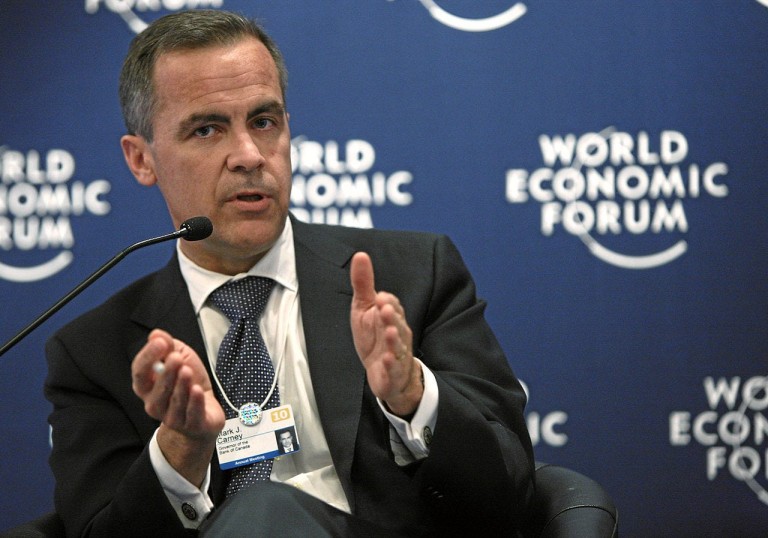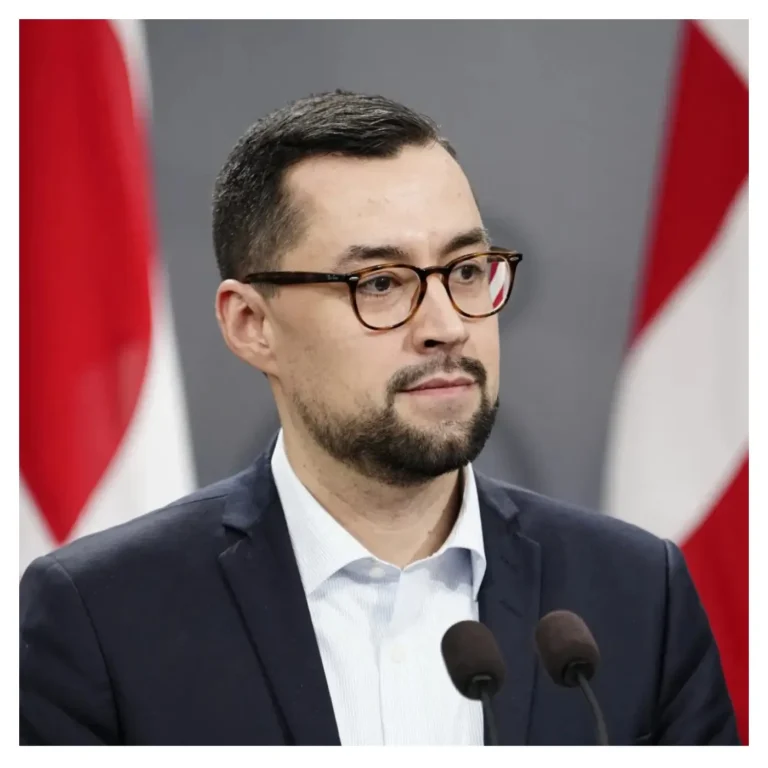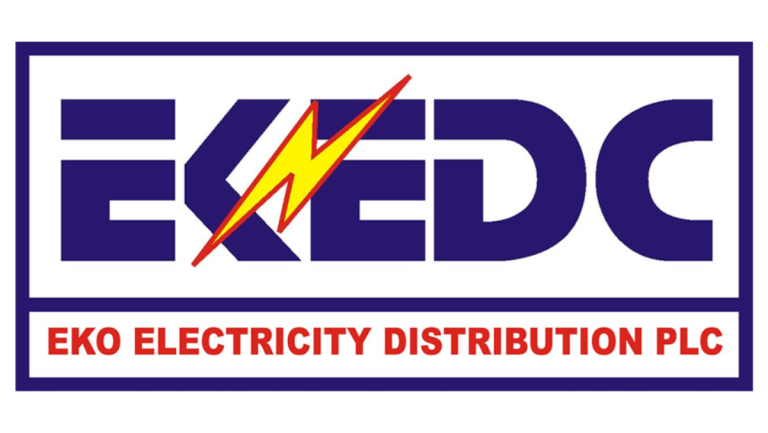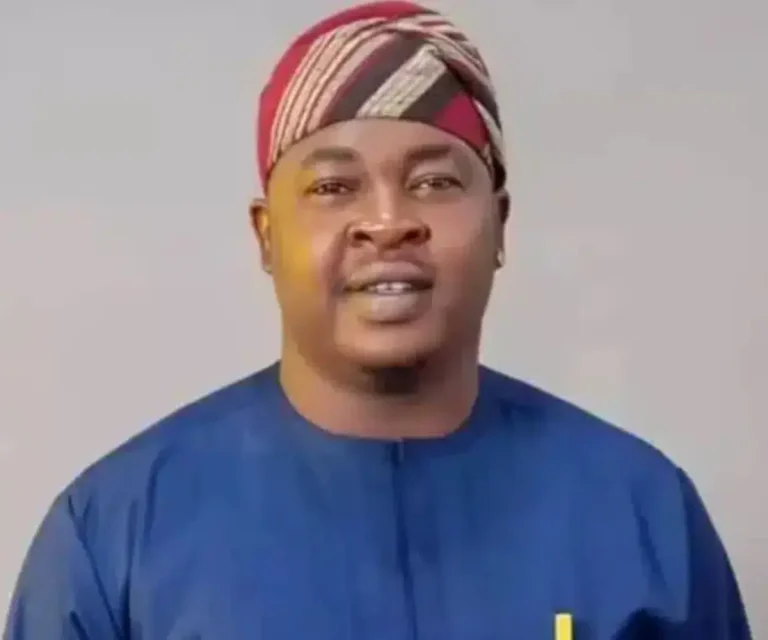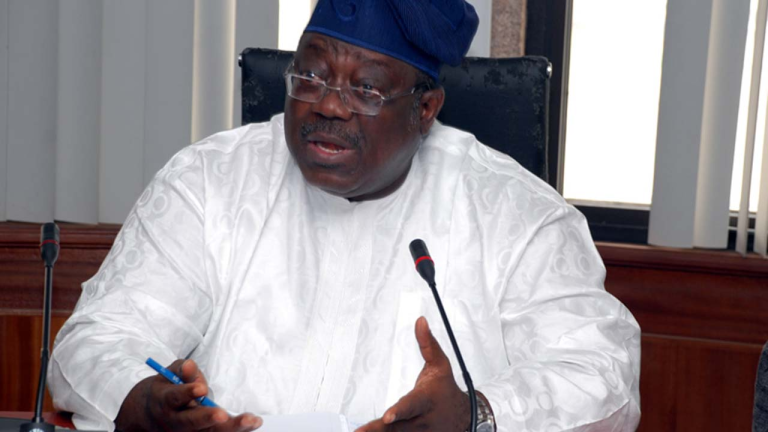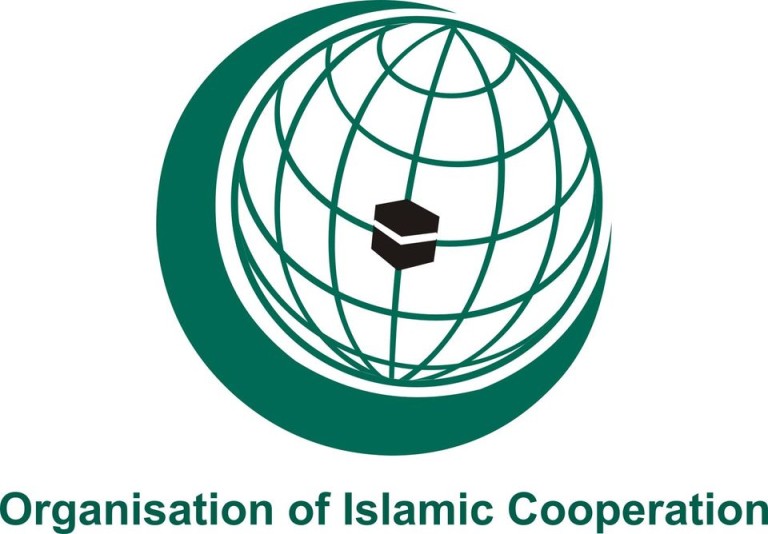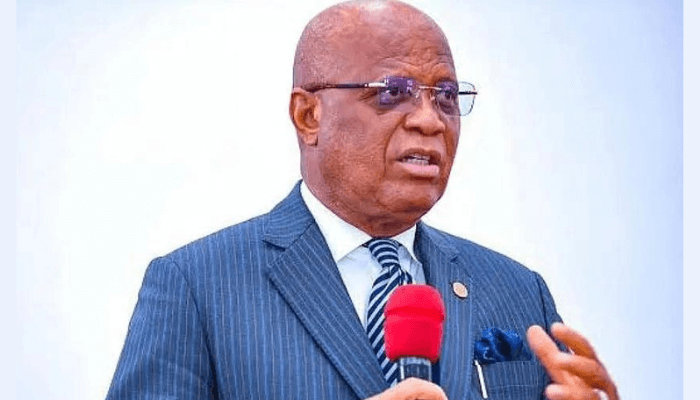2 mn readThe political tension in Rivers State has escalated following calls for the resignation or impeachment of Governor Siminalayi Fubara by a faction of the All Progressives Congress (APC), which is loyal to former Governor Nyesom Wike. The APC faction, led by Chief Tony Okocha, accused Fubara of multiple alleged offenses, disrespecting President Bola Tinubu, and failing to implement previous resolutions aimed at resolving the ongoing crisis. Okocha called for Fubara’s resignation, claiming that his governance had caused significant damage to the state.
Governor Fubara, however, responded to the accusations by affirming his commitment to peace and good governance. He urged his supporters to remain calm, promising that despite the political turbulence, he would continue to work for the betterment of the state. Fubara also warned against any acts of lawlessness, emphasizing that political instability would only harm the people of Rivers State.
In response to Okocha’s criticism, the Rivers State Commissioner for Information, Joseph Johnson, dismissed the call for impeachment, labeling Okocha as an “impostor” whose authority to speak on behalf of the APC was invalid due to a court ruling that had removed him from his position as state APC chairman. The Peoples Democratic Party (PDP), in support of Fubara, criticized Okocha for attempting to create unnecessary political tension and urged him to focus on national issues rather than stoking conflict in Rivers State.
Further complicating the situation, the Rivers State House of Assembly, led by the Martin Amaewhule faction, issued an arrest warrant against the Chairman of the Rivers State Independent Electoral Commission (RSIEC), Justice Adolphus Enebeli (retd.), and four other commissioners, accusing them of malfeasance in conducting the October 2024 local government election. The Assembly’s move is part of the broader political crisis, with both factions of the APC and the state government engaged in ongoing disputes.
Rivers State elders, including former Governor Chief Rufus Ada-George, have called for peace and urged all factions to cease inflammatory rhetoric and work together for the state’s stability. Ada-George highlighted the importance of unity in the face of political challenges and warned against escalating the situation further, citing historical lessons from past conflicts.
Despite the tensions, Fubara has remained resolute in his commitment to deliver impactful, people-oriented development. His administration has already made strides, including the completion of a long-awaited palace for the Nyeweali Akpor Kingdom, a significant historical project for the region. Fubara continues to appeal for calm and cooperation to move the state forward amidst the ongoing political challenges.


